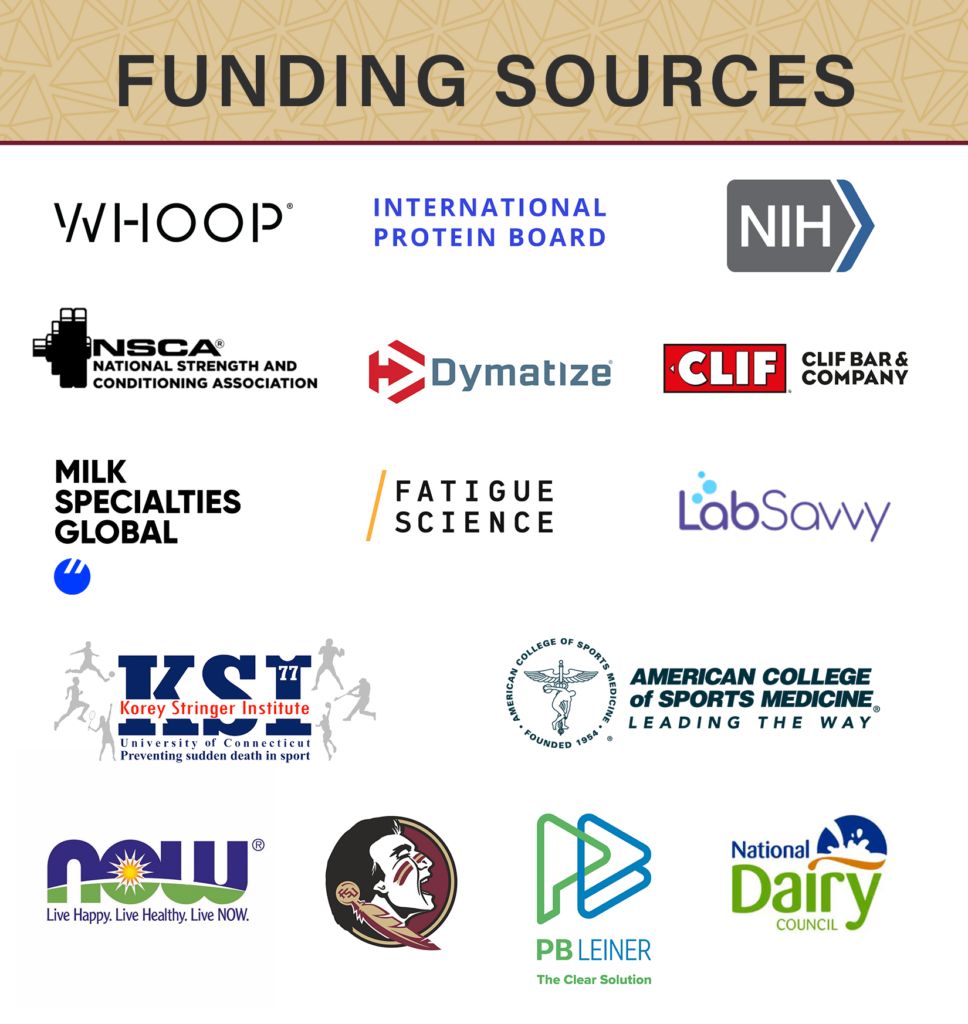Institute of Sports Sciences and Medicine

The Institute of Sports Sciences and Medicine (ISSM) is a state-of-the-art research facility with a primary focus on advancing knowledge in the realms of health, body composition, and human performance. The ISSM is the result of a collaborative partnership between the FSU Anne Spencer Daves College of Education, Health and Human Sciences, FSU Athletics, College of Medicine, Nike, and our esteemed founding partner, Tallahassee Orthopedic Clinic. Established in 2010, the ISSM has conducted a wide array of studies, spanning from elite athletes to clinical populations. Our research endeavors are structured around six distinct domains:
Our overarching vision is to establish ourselves as the foremost authority in human performance, nutrition, sport sciences, and sports medicine. In addition, the ISSM is deeply committed to nurturing the development of FSU students, postdoctoral fellows, and visiting scholars through laboratory experiences and internship opportunities.

The ISSM extends its services to the Tallahassee community, offering outreach testing programs that grant access to our state-of-the-art equipment and provide opportunities to consult with exercise physiologists, nutritionists and mental performance coaches.
The Institute of Sports Sciences & Medicine now provides a comprehensive list of tests and services to help individuals reach optimal health. The ISSM is dedicated to peak performance and optimal health for all. Our services encourage those from all walks of life to assess their health and ability to perform. Our trained team of health professionals, researchers, and students provide accurate and reliable results with a practical interpretation and application to your needs. Our program offers various tests & services to any individuals, teams, community groups. Student, military and health care professional discounts available with proof of ID.

ISSM facilities recently saw their largest expansion in a decade, completed to better serve FSU and the community. The expansion includes a new 750 square foot muscle lab complete with top-of-the-line exercise physiology training and testing equipment and a mural by artist Andy Steinbrink, which pays homage to the late Dr. Jeong-Su Kim, friend and faculty affiliate of ISSM.
Our biochemistry laboratory is primarily used for measurement of blood for metabolic and hormonal changes resulting from exercise and/or nutritional interventions. Primary methods of assessment include ELISA (enzyme-linked immunosorbent assay) and microdialysis. A medical examination room is used for some of our more in-depth methods of assessment. These include blood draws and insertion of microdialysis probes.

Originally founded with an investment from Nike, ISSM continues to seek corporate and private partnerships to fund its innovative research. Support of ISSM fuels the institute's research objectives, supports student development, and increases opportunities for outreach through travel.
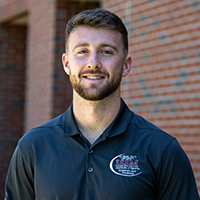
Director of Operations
Director of Performance Testing & Services
kpaterson@fsu.edu; 850.645.1016

Student Outreach Coordinator
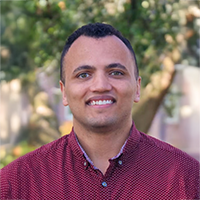
Manager, Clinical Research
Anne Spencer Daves College of Education, Health, and Human Sciences
enw25a@fsu.edu

Clinical Research Associate and Recruiter
Group Exercise Lead Trainer
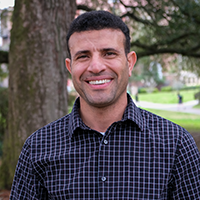
Postdoctoral Scholar

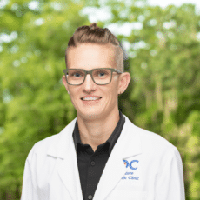
Medical Oversight, ISSM
Primary Care Sports Medicine,
Tallahassee Orthopedic Clinic
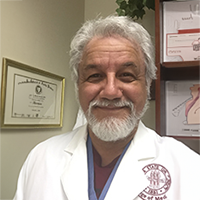
Medical Oversight, ISSM
Associate Professor and Medical Director of School of Physician Assistant Practice, FSU College of Medicine

Carol E. Avery Associate Professor
FSU Jim Moran College of Entrepreneurship

Associate Professor
FSU College of Medicine

Director of Sports Medicine
FSU Athletics

Director of Performance Science
Jacksonville Jaguars

Sleep Physician, Sleep and Performance Advisor

Associate Professor, Strength and Conditioning Sciences
University of Canberra (AU)
Tim Griest (2025)
Liliana Renteria-Laskin (2024)
Shiloah (Fuller) Kviatkvosky (2022)
Chester Sokolowski (2022)
Tristan Ragland (2021)
Brandon Willingham (2021)
Patrick Saracino (2020)
Brittany Allman-Tucker (2018)
Lt. Col. Daniel A. “Dan” Baur (2017)
Vince Kreipke (2016)
Ann Brown (2016)
Chris Bach (2016)
Amber Kinsey (2015)

Videographer/Social Media Intern, ISSM
Address: 1104 Spirit Way, Suite 140, Tallahassee, FL 32306-1493
Phone: 850.645.1016
Email: issm@fsu.edu
